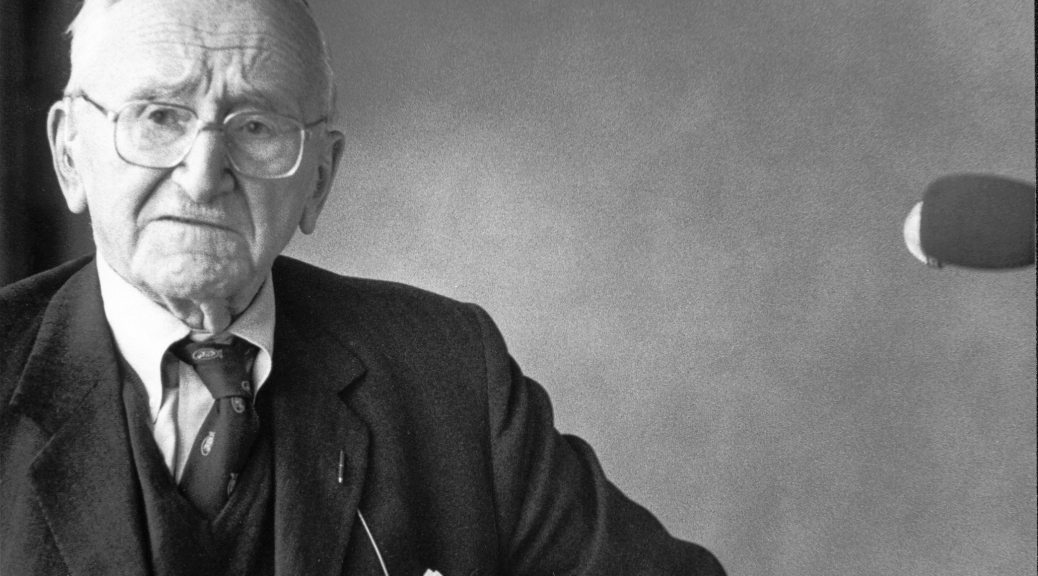Classical liberals like Milton Friedman and Friedrich Hayek have supported the idea of a basic income guarantee as an improvement on the current patchwork of welfare programs. The welfare systems in most countries are the product of a century of piecemeal reforms, where politicians have created many overlapping programs targeting different problems and interest groups. This makes perfect sense from the politicians’ perspective; creating a new program allows one to attach one’s name to a high-profile bill, thus winning favorable media attention and votes. It’s the same reason governments often create shiny new highways rather than filling in the potholes on old ones. Where’s the glory in marginally improving something with someone else’s name on it?
As a result of this political process, welfare systems have dramatically higher administrative costs than they need to have. Rather than having separate (and often multiple!) bureaucracies to administer welfare programs for the homeless, the temporarily unemployed, seniors, disabled workers, single mothers, etc., why not fold them all into one? In fact, Milton Friedman’s negative income tax would fold them all into the agency responsible for administering taxes. Replacing a hundred parallel agencies with one agency tasked with administering a simpler system would clearly reduce overhead costs.
The other consequence of the patchwork welfare system is that it creates more severe unintended consequences than it needs to. All redistribution schemes affect incentives, but a basic income guarantee paired with a reasonable tax scheme (maybe a flat tax or a progressive consumption tax) would avoid the worst of the perverse incentives. Current welfare systems feature “welfare cliffs,” where many programs abruptly cut off at the same income level, leading to absurdly high implicit marginal tax rates. The examples I’ve seen have situations where earning $1,000 more income can make one ineligible for $10,000 in benefits from various programs. That’s an implicit marginal tax rate of 1000%, far higher than the tax rate paid by the highest of high earners! Continue reading A Basic Income Guarantee Can Work if it Replaces State Education and Medicine


